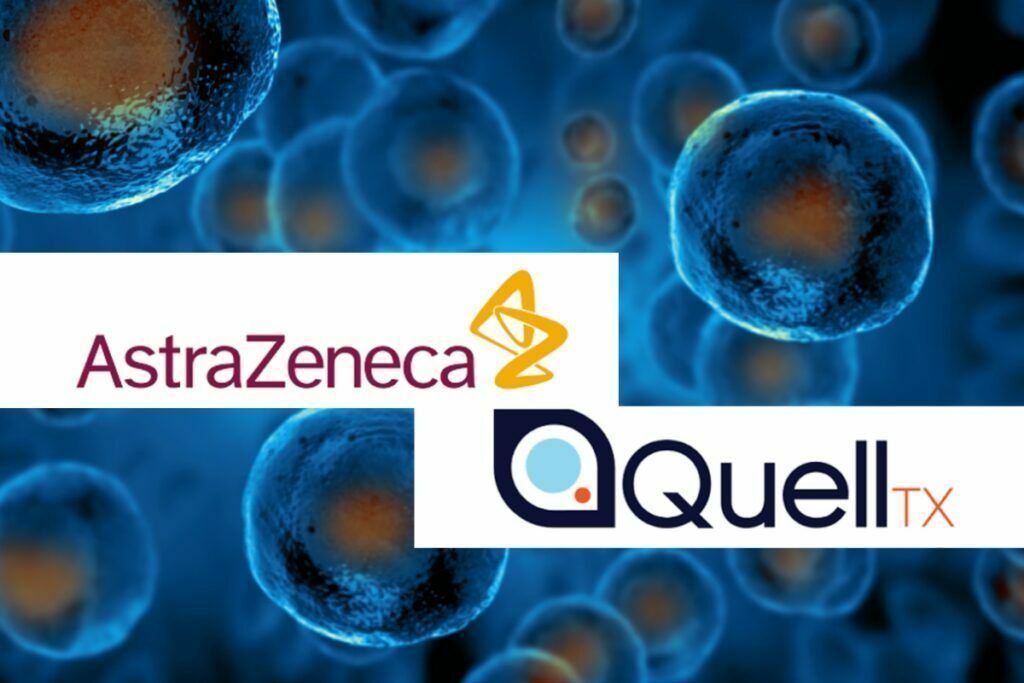British start-up Quell Therapeutics has secured a collaboration with AstraZeneca focused on cell therapies for autoimmune diseases, with an upfront payment of $85 million and the potential to reach a total value of $2 billion.
The partnership initially targets two disease areas, namely type 1 diabetes and inflammatory bowel disease. The collaboration revolves around Quell’s T-regulatory (Treg) cell platform, which is considered at the forefront of extending cell therapy beyond cancer treatments.
Treg cells play a crucial role in controlling the immune system by suppressing immune responses that may have harmful effects. They can potentially be harnessed to alleviate autoimmune diseases where the immune system is dysfunctional, such as overreacting to foreign antigens or mounting responses against the body’s own cells and tissues.
Quell, founded in 2019 by researchers from King’s College London, University College London, and Hannover Medical School, joins a select group of biotech companies dedicated to developing Treg therapies akin to CAR-T treatments, which are increasingly utilized for blood cancers. Other players in this field include Kyverna, Sonoma Bio, GentiBio, Sangamo, and Abata Therapeutics.
Similar to CAR-T therapies, Treg cell therapies typically involve harvesting cells from patients, modifying them in the laboratory to enhance their effectiveness in suppressing immune responses, expanding their numbers, and then reintroducing them to patients for disease treatment.
Quell’s leading in-house program, QEL-001, aims to prevent rejection in patients undergoing liver transplantation, potentially eliminating the need for lifelong immunosuppressive drugs. Clinical testing of the therapy is scheduled to commence later this year. Sangamo is pursuing a similar approach for kidney transplants and has already initiated clinical trials for its therapy.
AstraZeneca becomes Quell’s first external partner, providing additional financial support alongside Quell’s own financing efforts, which included a second funding round of $156 million in 2021. Quell will carry the projects through the completion of the initial human clinical trial, after which AstraZeneca has the option to license them for further development.
In the field of diabetes, for instance, the therapy holds promise for preserving the integrity of remaining beta cells in the pancreas capable of producing insulin. This preservation could prevent their ongoing destruction by the immune system and help maintain their functionality.
Sir Mene Pangalos, Head of Biopharma R&D at AstraZeneca, stated that the partnership is “aligned with our strategy to target underlying disease drivers, stop or slow disease progression, and ultimately accelerate the delivery of transformative care to patients with chronic autoimmune conditions.”





























